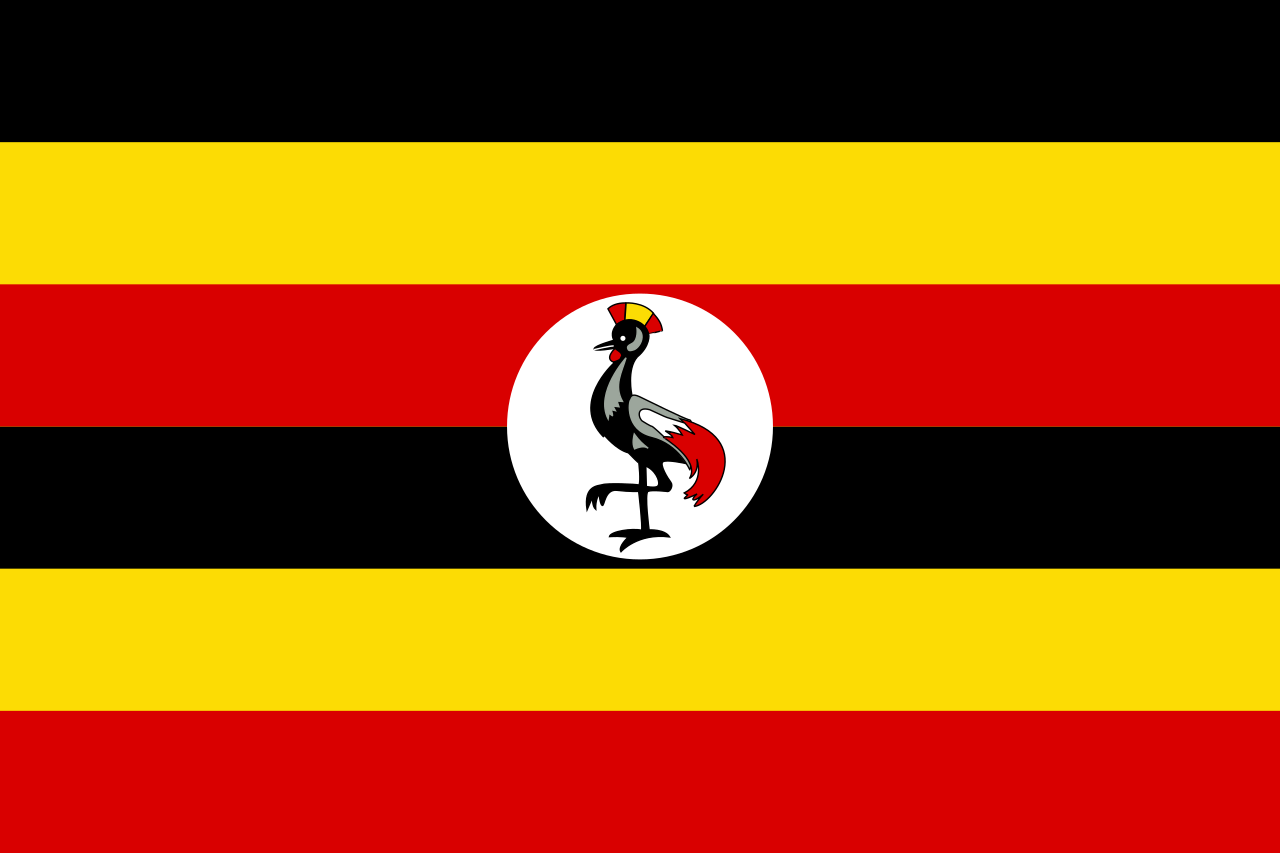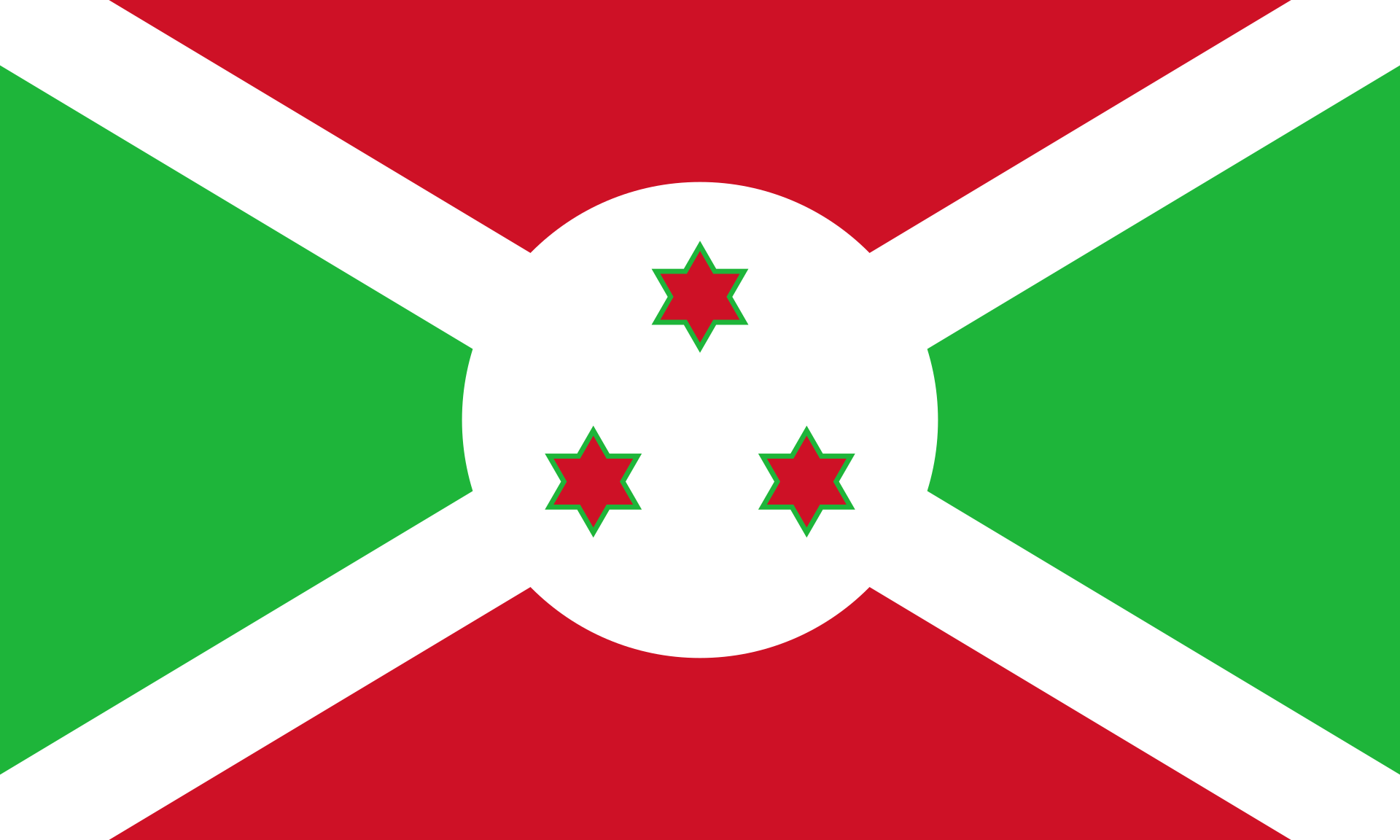Ugandan President Yoweri Museveni dismissed rumors of his death as a result of the COVID-19 virus, saying he is on his fifth day of the infection and is feeling much better.
“Greetings. It is now day 5 of my corona-status. Last night, I slept very well up to the 10th hour of the night,” the president stated on his official Twitter account on Sunday night.
“Initially, on Wednesday, there was also some mild muscle soreness, typical of the usual flu,” he stated, adding that the muscle soreness has now gone, besides feeling better from the throat infection.
Rumors circulated on the social media platform in recent days that Museveni had been transferred to intensive care and later died owing to COVID-19 complications.
However, in the Twitter message, he dismissed all such rumors, stating that he is currently in self-isolation after testing positive for COVID-19 and following the country's standard operating procedures (SOPs).
On June 7, the president tested positive for the virus, and the next day he took a "forced leave" from his office.
“However, we carried out corona tests today and they were still positive. We shall wait for a few more days and check again. I remain in self-isolation at Nakasero. Again, I advise all of you to get fully vaccinated against corona and the elderly should get the boosters,” he added.
The World Health Organization deemed COVID-19 to be no longer a global health emergency last month but cautioned that the virus will continue to mutate. - Hamza Kyeyune, Anadolu Agency







